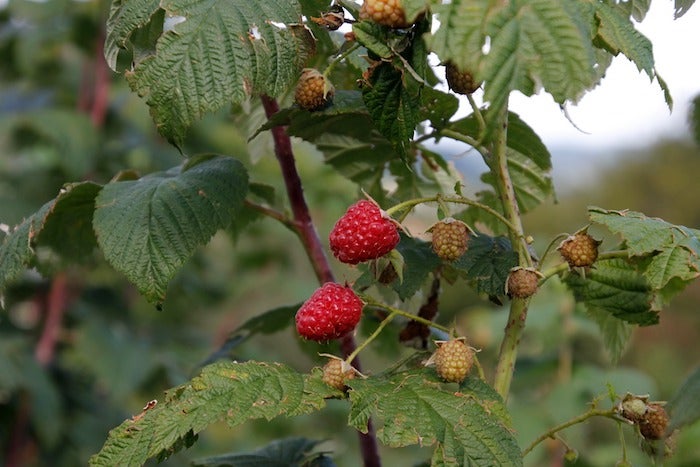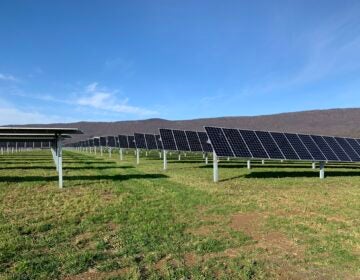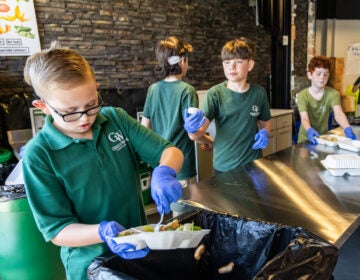How Far South Can You Grow Raspberries?
Listen 53:15
Raspberries are delicious, super-nutritious and incredibly easy to grow. There are only TWO things you must supply in order to bag buckets of berries. On this week’s You Bet Your Garden, host Mike McGrath reveals just what those two things are.
Question of the Week:
“Can raspberries be grown successfully in central Florida? If so, when should they be planted? Do they like shade, full sun, or mixed? We have had nights drop into the mid to high twenties, usually warming into the thirties during those days. Cold snaps go in cycles of two to four days, and occasional frost is seen—mostly from January thru mid-March. I’m interested in trying raspberries partially because Pillsbury used to make great raspberry strudel toaster pastries, but I have not seen them in stores for months and thought maybe I could grow the berries and make my own. (P.S.: Blueberries do really well here.)”
—Marion in the Ocala area, about 40 miles south of Gainesville
A raspberry primer »
How to care for Figs in Winter
Jack from Altoona, PA is following up on a previous phone call from a few years back to update us on his fig tree. We love to hear from our listeners. Jack wants to know what to wrap his fig tree with during the cold winter. Mike suggested that he should use burlap or row cover materials to allow the tree to breathe.
Magnificent Monarchs
Janet from Bowie County, Texas wants to know more about monarch butterflies. “As the monarch population drops and rises, we are always trying to figure out if they are trying to tell us something about the environment,” Mike said. Mike suggested that monarch butterfly fans should follow three steps to keep them around their gardens: Don’t use pesticides, don’t grow genetically engineered corn or soy beans and find the right milkweed to flourish in your climate.
Hickory nuts
Lee in Puckett, Indiana has two questions about the hickory nuts on his tree. Lee wants to increase their size and he also wants to know how to keep the larvae out of their holes. “Hickories take a long time to produce full sized nuts,” Mike said. “What you’ll notice is that you will get some years where you get few, to no nuts and then every four-to-five years you will get a big crop.” Mike also suggested that Lee should use a spray-on clay called “surround” to ward off the larvae.
Reviving Red Buds
Jess in Glenside, PA can’t seem to get a break with her red bud trees. Every time she plants a new one in her yard it ends up dying. Mike thinks that she might have a soil problem. He suggested that she should get it tested to make sure her yard can grow healthy trees in the future.
Why do so many pinecones drop?
Richard in Doylestown, PA is curious to know why he has seen so many pine cones this year. Mike theorizes that there might be a nut dropping “cycle” going on this year which has resulted in a high number of pine cones. Mike also speculates that the warm weather may have given trees more energy to produce them.
South Carolina Peaches
Gregory in Gatlinburg, Tennessee wants to know if he can plant South Carolina peach seeds in his area. Yes you can, Gregory! Mike said that peaches need a cooling period to grow much like apples. Fortunately, Gregory’s area is not overly warm. Mike suggested that he should plant them in a pot with excellent drainage to store for the winter.
Pruning forsythia and azalea bushes
Annie in Buffalo, New York wants to know if she should prune her blooming forsythia and azalea bushes. Mike said that it is ok for the forsythia and azalea bushes to bloom now and that she should leave them alone until the Spring.
WHYY is your source for fact-based, in-depth journalism and information. As a nonprofit organization, we rely on financial support from readers like you. Please give today.




